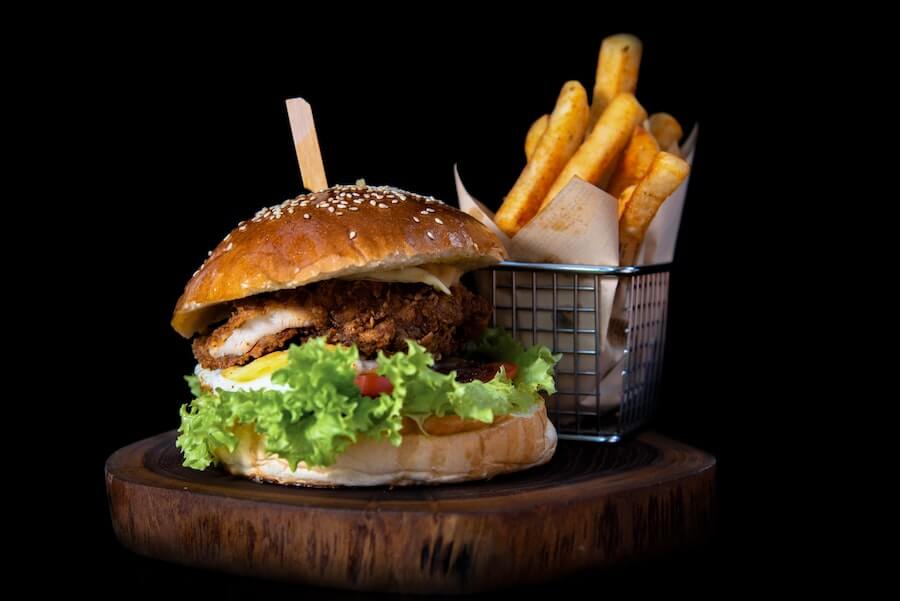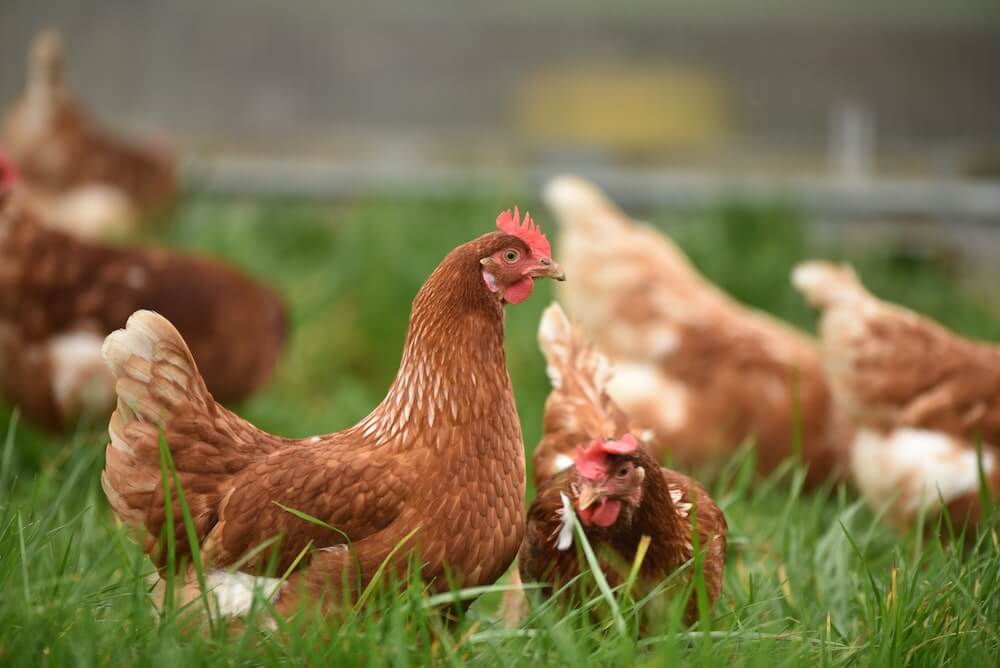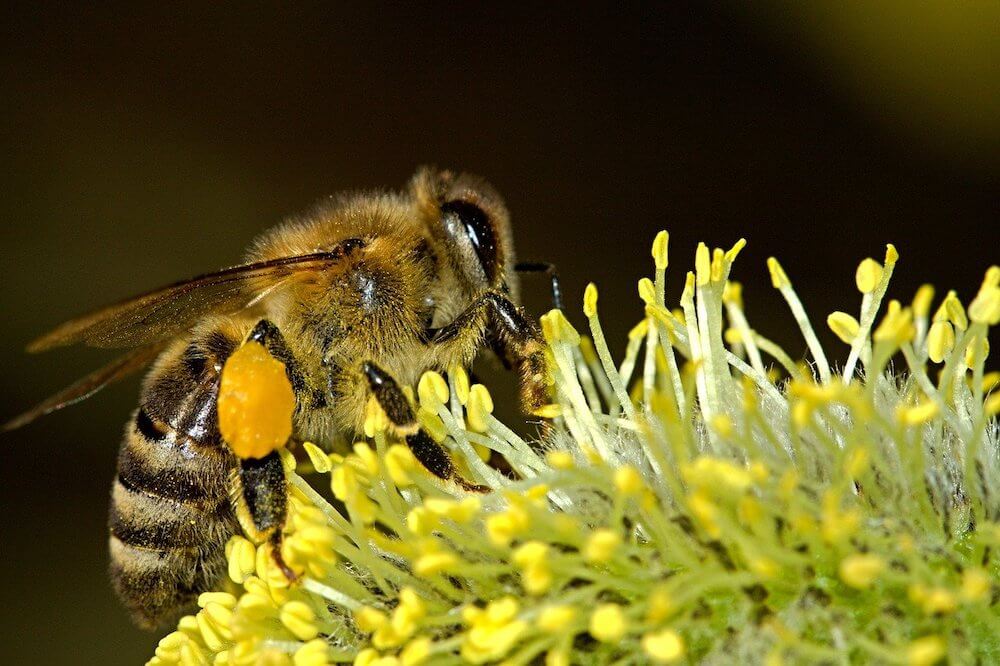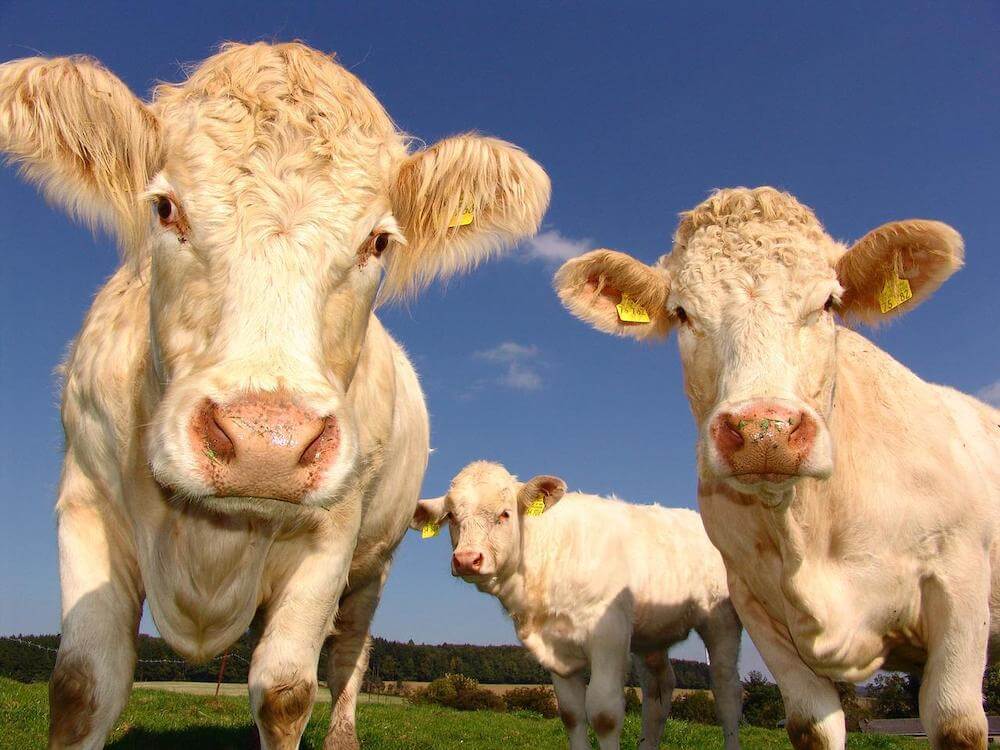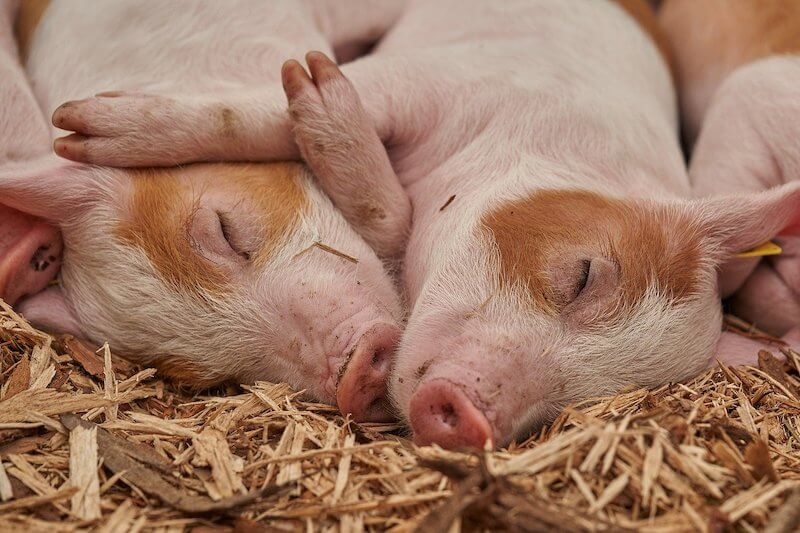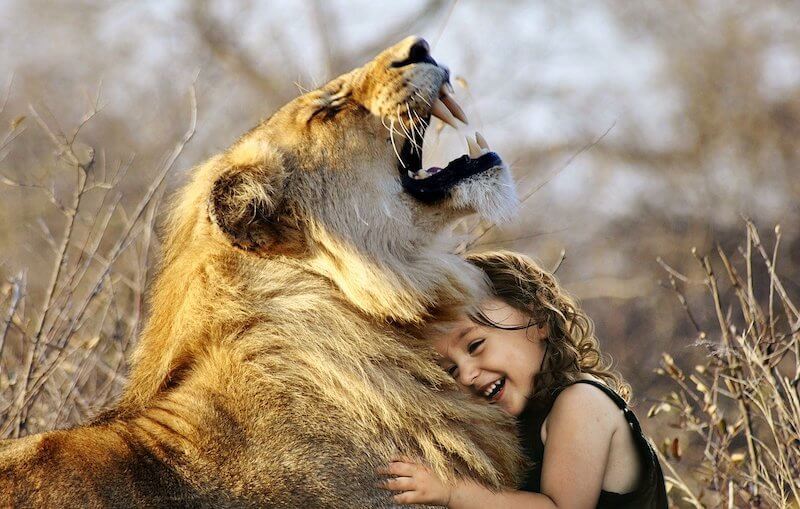The question can vegans have pets is a complicated and personal one which not all vegans will agree on.
But that’s fine, as being vegan means you’re doing your best to minimise the damage you do to those around you.
It doesn’t mean a set of black and white rules by which you have to live.
And it doesn’t mean you’re perfect.
So we do our best and nobody can ask for more. In fact it is one of the many common FAQ surrounding veganism which will have different opinions within the answers.
We must all live according to our conscience, after considering all sides as best we can.
The fundamental philosophy of the vegan movement stands for not keeping animals in captivity, for not imposing our will upon them and for not forfeiting their wellbeing for the benefit of us humans as much as is possible.
Table of Contents
What’s the Definition of Vegan?
Veganism is a philosophy and way of living which seeks to exclude—as far as is possible and practicable—all forms of exploitation of, and cruelty to, animals for food, clothing or any other purpose; and by extension, promotes the development and use of animal-free alternatives for the benefit of animals, humans and the environment. In dietary terms it denotes the practice of dispensing with all products derived wholly or partly from animals.”
The Vegan Society
If you are new to becoming vegan, you may like to take a look at this simple guide to starting an awesome vegan lifestyle or these 5 compelling reasons to become vegan.
Cows are bred and kept in captivity for their flesh or milk, and dogs, cats, horses, donkeys and exotic animals are bred in captivity for the pleasure of human beings, to be kept as companions or for our amusement.
So, if you keep pets, can you put your hand on your heart and say you are truly vegan?
In this post we look at the complexities of the argument.
Ownership and Exploitation of An Animal Goes Against Vegan Philosophy
According to the Vegan Society, Vegan Society keeping animals as companion animals or pets is not in alignment with true vegan values.
Making money from selling live animals is also against the vegan philosophy.
But that being said, we must also be realistic and see the world as it is today, not just in some idealistic future.
Often then, giving an animal a home within your family may be the best of the options available today.
We Have Bred and Overbred Domesticated Animals
We humans have bred and bred and bred. Whether it be dogs or horses, lizards or snakes, we think we can breed them and sell them as part of a business plan to make money and for our pleasure.
Breeding for money and breeding for human benefit clearly goes against our moral values as vegans.
Animal lives should not be part of a business plans. Their wellbeing should not depend on a profit margin or income statistics.
But there are different grades of the problem. And at no point is the meaning of this post to judge anyone for keeping pets. Rather, it’s a peek into an ongoing debate which goes on among the vegan community.
Personally, if somebody rides horses and decides to become vegan, that’s fine by me. And if someone has many pets but want to stop supporting the meat, dairy and leather industries, then good for them.
There is no clear answer to the debate surrounding the keeping of pets, but here we try to break it down to its bare roots a bit.
Let’s start out with the most common pet, the dog.
Can Vegans Have Pets? Types Of Companion Animal
Dogs As Companions
Many dogs love their lives and live in contentment with their human family.
In favour of having a pet dog, you could argue that dogs love being a human’s best friend, and to an extent it seems to be true. Canines thrive on being loyal companions to loyal human beings.
Personally, as a vegan, I’ve had many a beloved canine family member. I love dogs and I do not feel that it is wrong to look after a dog within your family unit.
In fact I think that we as a species would miss out if we were to eliminate all our animal-human relationships.
But when we take a step back to look at the bigger picture, there are aspects to the animal-pet industry which as a vegan I do not agree with, categorically.
And the giveaway is in the name: animal industry.
Puppy Farms
There are puppy farms throughout the world keeping female dogs continually with-pup selling the pups as soon as they are old enough. Sometimes not even giving the mothers the bare essentials for a happy life.
People want a specific breed of dog, they go online and order their puppy with no idea that they are supporting a cruel puppy farm where the mothers are suffering and sometimes kept in appalling conditions.
Even when the conditions are not downright cruel, the idea of keeping a mother dog in a cage as a puppy machine must be repulsive to anybody who had ever claimed to love a dog.
Reputable Breeders
While a reputable breeder might seem light years away from the brutality of a puppy farm, the concept behind this kind of animal industry is still anti-vegan.
Breeders produce more and more puppies regardless of the surplus of dogs which must be euthanised each year, and often people will follow trends and buy purebred puppies purely because of a movie, computer game or celebrity who has given that particular breed a high profile.
Later, many of these dogs are abandoned as the owners become disenchanted with their new pet.
The world is overpopulated and there are millions of dogs without homes.
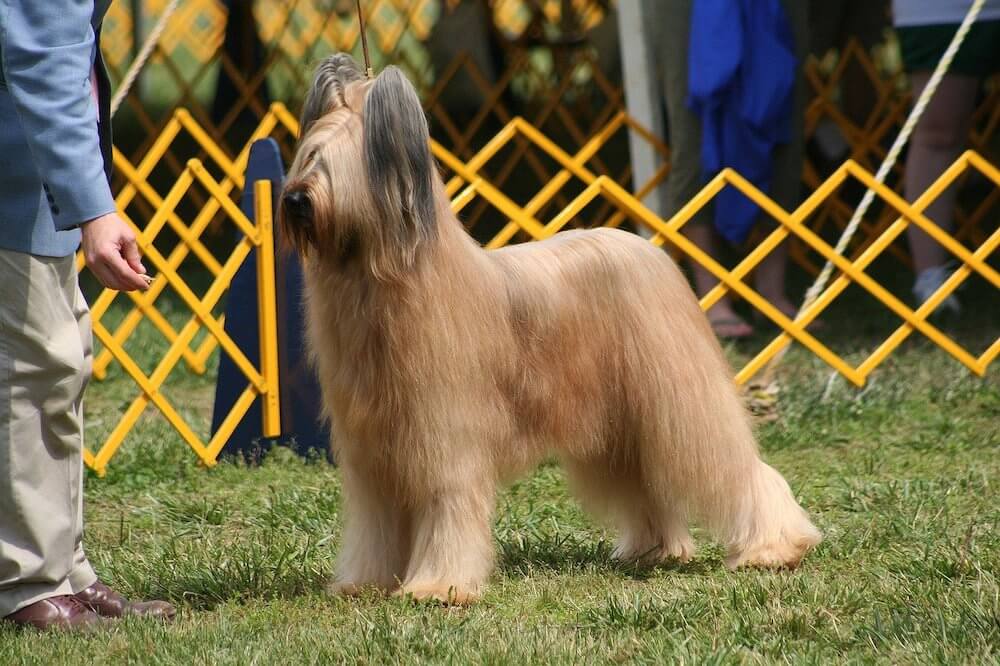
Unwanted dogs & Overpopulation
According to ASPCA (American Society for Prevention of Cruelty to Animals, about 20% of all dogs in shelters are euthanised, giving a total figure of 677,000 dogs each year in America alone.
Animals are not ours to abuse, states Peta (People for the Ethical Treatment of Animals) whose figures show that at any given moment there are 100,000 homeless dogs in shelters or on the streets and that 21 dogs are euthanised across the UK every day.
The statistics given in this article by PetKeen are even more devastating, claiming that in the UK alone, more than 200,000 dogs are euthanised each year.
They blame several factors on this over population of unwanted and abused dogs.
Irresponsible breeding by dog breeders plays a part in the problem as do owners who neglect to have their animal spayed or neutered.
According to Peta, just one dog and her offspring can create 67,000 dogs over the space of 6 years!
Dog Fighting
Sadly it needs a mention that dog fighting is still common, though highly secretive, in the USA and elsewhere in the world.
The ASPCA in its post a closer look at dog fighting, states that it isn’t uncommon for up to 500,000$ to change hands during one dog fight alone.
The world of dog fighting moves money and feeds the greed of the people involved while giving the dogs a life of misery and torture.
Needless to say, no level of dog fighting is acceptable to a vegan mind and the fact that dogs are still bred for this blood-sport is a shameful disgrace and a reflection of one of our worst sides as human beings.
Greyhound Racing
Apart from the dog fighting industry, we also have the greyhound racing industry. In cases like these the boundaries are clearer and the argument in favour of keeping these animals in captivity are not compatible to vegan ideals, especially when it becomes a money-making machine.
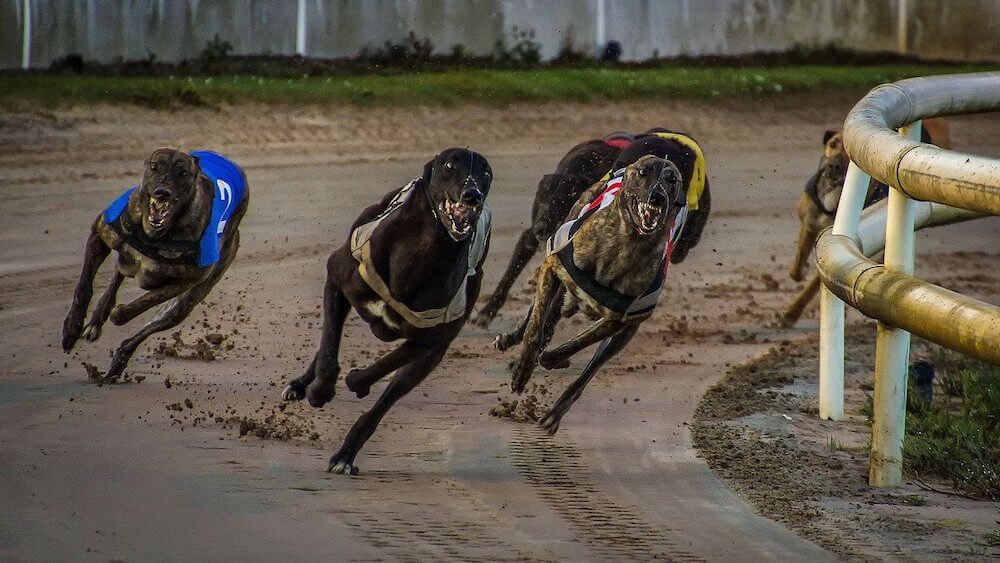
Bottom Line: Can Vegans Have Dogs as Pets?
Just by looking at these statistics of domestic dogs it becomes clear that it isn’t a simple argument.
In the world we live in as things stand today, the best way to have a companion dog is to offer a loving home to a dog in need.
Whether that be a puppy from a shelter, an abandoned dog, or taking over a dog from somebody who can no longer care for his needs.
Dogs love their human families and when they’re also given love, its a relationship that’s beneficial to both sides. For me it’s clear: don’t support the commercial breeding of more dogs.
Don’t sell your dog.
Adopt a dog and keep him or her safely loved for life. And of course, neuter and spay to avoid more unwanted canine suffering.
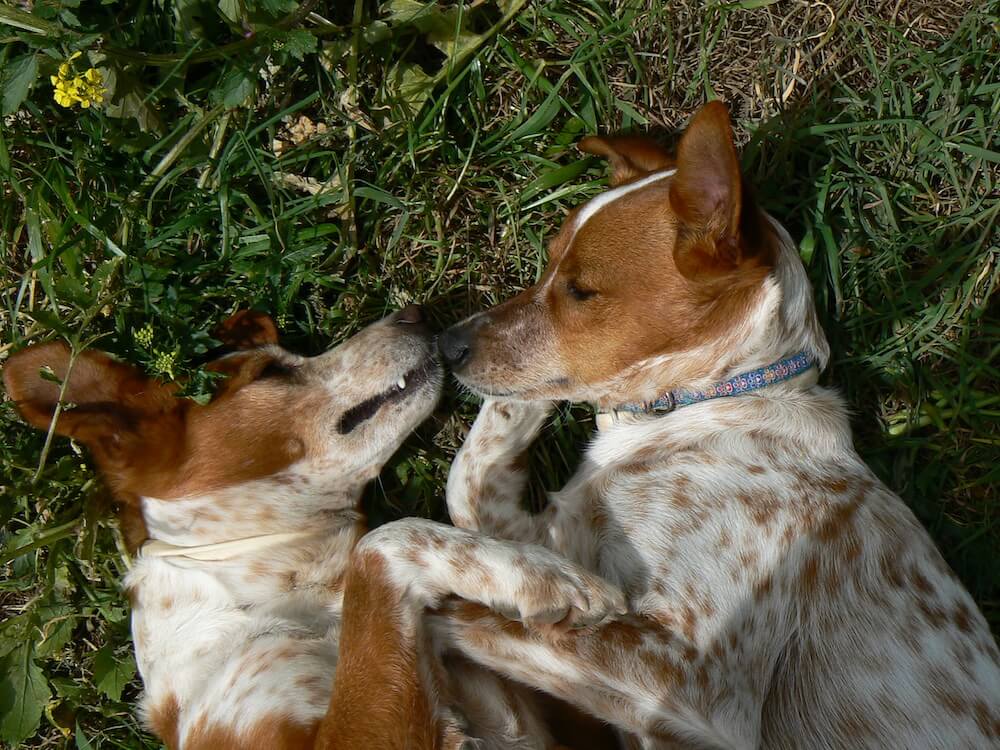
Cats as Pets
The issues surrounding cats are very similar in nature as those discussed about dogs. Unwanted cats are a problem and overbreeding is a fact.
For a more detailed look at the issues, read the above data about dogs as it applies also to domesticated cats.
Exotic Animals
Keeping exotic animals as pets should be banned. With dogs we can argue that a dog loves to be part of a human family.
We can’t apply that same logic to snakes kept in aquariums where they can’t even move faster than in slow motion because there isn’t enough space for them to uncurl, let alone reach their top speed.
Birds kept in cages can’t exercise the most basic of natural activities: they can’t fly.
And so it goes on.
When we keep animals in this way we break with their natural instinctual behaviour and we disrespect their basic needs.
That is exploitation of animals for human pleasure.
Keeping Horses as a Vegan
Because I don’t believe we can rewind and go backwards in time, I also don’t believe we should pretend to ourselves that we’re about to live in a world where all the animals are free to roam the planet and do as they please.
While it’s somewhat achievable in ‘pockets’ of the world for many species, it isn’t so likely for domestic horses and at least not for a very very very long time if at all.
At best we could hope for some areas of the world to be dedicated to allowing these majestic animals to run free. But there are still many domesticated horses who will never set foot in the freedom ranges of a world based on vegan futuristic ideals.
And that means there are currently around 9.2 million horses in America alone and around 850,000 in the UK.
And they all need a loving home.
Did you know that the average lifespan of a horse in the UK is 13? A natural lifespan of a horse should be around 30 years. That says something (horrible) about our throw-away culture.
Many vegans may disagree with me, but I don’t feel that it’s inherently wrong to keep horses.
I believe that it’s how we view horses that can be wrong. We see them as expendable commodities. Transient passer-bys rather than permanent members of our family. We see them as something to use for our pleasure rather than the individual characters that they are.
Horses Should be Kept in a Natural Environment
I also feel it’s wrong to keep horses in stables 24/7, in isolation from one another, breaking with all their natural and instinctive requirements.
If you keep a small group of horses together as a herd and if you love them as your family members, and you respect their needs, then there’s a lot to be gained for both sides.
From the horse’s point of view, it’s gaining because it’s living in a near-natural environment which is much better than the standard box or stall-kept horse, and at the same time it’s building up a relationship with its human family.
Until a few years ago I had a group of rescue horses living with me in the garden. They had open stables which they could walk in and out of as they pleased, they had hay available for self-feeding as much as possible, and they were on the whole a happy bunch.
Before that, in my younger years, I trained as a rider and as a riding teacher and I rode horses in the racing industry, so my opinion is not one borne from a lack of experience.
Bottom line: If you keep horses, try to respect their biological needs and see each horse as an individual. By switching our perspective of the animal over to being more like a personal family member, I believe we can enjoy a loving relationship with our equines.
We Are Where We Are. Rescue & Adopt, Don’t Buy
We are at a point where we have to look at what there is around us and react in relation to that reality.
I don’t believe it’s realistic to imagine an entirely vegan world. It’s more likely that we will grow in numbers until being vegan is accepted as equally valid and mainstream as being non-vegan.
When you look at the world through vegan eyes, you’re more likely to make compassionate choices about how to care for the animals with whom we share the planet.
So we have to go step by step, dealing with the worst case scenarios first and gradually building up to the lesser ones.
Animal cruelty is wrong no matter how you look at it and the worst industries are the meat, dairy and leather industry.
When it becomes a matter of the leisure industry, the cruelty is still wrong. But it might be more difficult to change because it’s more complicated to uncover and see it for what it is.

While we have domesticated animals in abundance in this world, the best we can do is to look after those animals to the best of our ability.
And that should always mean respecting their natural requirements and habitats and habits as much as is possible.
Herd animals should live in family herds with plenty of freedom to move around in open spaces. Prisons and cages should become a thing of the past.
An Unpopular Opinion? Can Vegans Have Pets?
Personally I think it would be a huge loss if we were to have no animal-human relationships. We can learn so much from animals if we just listen to them and let their voice count.
To me, the important point isn’t whether or not vegans should keep pets. The important point is how we can collectively strive to reduce/remove the terrible cruelty that goes on and is accepted as normal from human to animal?
Should a vegan keep a pet? In my opinion as the world stands today, absolutely, yes.
Keep as many pets as you can give love to. Because one thing’s for sure: if all the vegans in the world kept pets, you could be pretty sure that those pets would not be intentionally mistreated.
For me that would be a huge advancement for our species.
Bottom Line of Can Vegans Have Pets?
- Some vegans will keep pets and some will not. The argument in favour is that the pet in question isn’t a belonging and the human isn’t the owner, rather that the pet forms part of the family and lives happily with the vegan.
- We don’t live in an ideal world and as long as there are so many unwanted, homeless animals, giving them a loving home is preferable than leaving them out on the street.
- We shouldn’t strive to lose the animal-human relationship bond entirely, rather we should respect the species and do our best to look after the animal in the best way possible to meet his needs.
- The natural habitat of an animal should be respected and their social needs also treated as being important. Herd animals should live in freedom within a family-group as a herd, etc.
- Exotic and wild animals should not be kept in captivity.
- Birds should not be kept in captivity.
- We have a responsibility to keep our animals neutered to help stop the unwanted surplus pets who are abandoned and/or mistreated.
- Animal lives should not be sold for profit.
- Adopt and rescue, don’t buy.
Whether or not a vegan can morally keep a pet, may not be one of the most common vegan FAQ but it’s a pervading one which ripples through the vegan community.
What do you think? Can vegans have pets?

